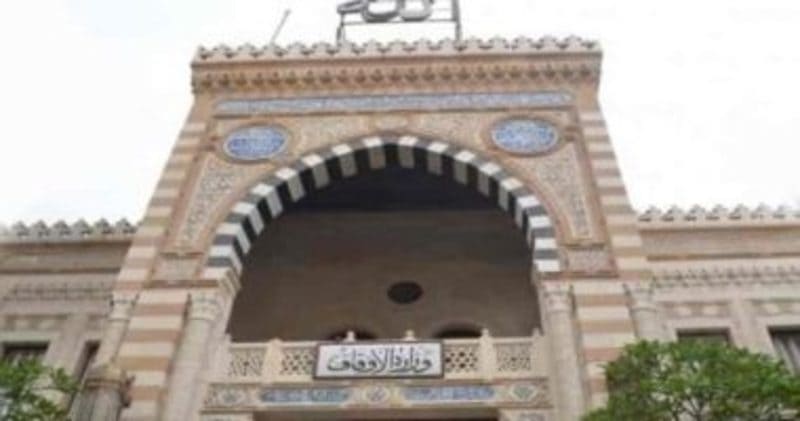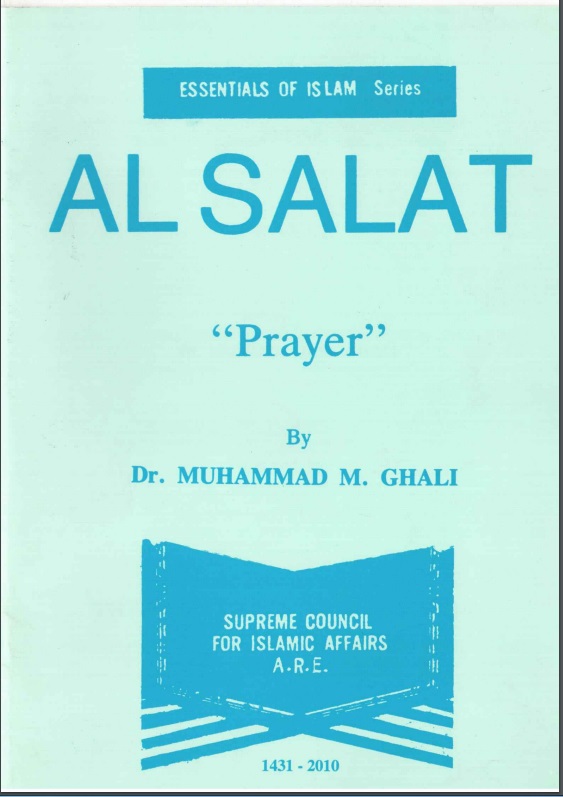Beauty, Delight and Common Sense

Islam is the religion of civilization and progress, perfection and beauty, and delight and happiness. All Islamic texts, directives and ways lead to this end. The Qur’ān and the Sunnah affirm these meanings. For example, Allah, the Almighty, says in His Book:
- “And the grazing livestock He has created for you; in them is warmth and [numerous] benefits, and from them you eat. And for you in them is [the enjoyment of] beauty when you bring them in [for the evening] and when you send them out [to pasture]” (the Quran, 16: 5-6).
- He also says, “[It is He] who has made for you the earth as a bed [spread out] and inserted therein for you roadways and sent down from the sky, rain and produced thereby categories of various plants” (the Quran, 20: 53).
- He also says, “And made grow therein [something] of every beautiful kind” (the Quran, 50: 7)
- He also says, “And He sent down for you rain from the sky, causing to grow thereby gardens of joyful beauty which you could not [otherwise] have grown the trees thereof? Is there a deity with Allah? [No], but they are a people who ascribe equals [to Him]“ (the Quran, 27: 60)
- He also says, “Then do they not look at the camels – how they are created? And at the sky – how it is raised? And at the mountains – how they are erected? And at the earth – how it is spread out?” (the Quran, 88: 17-20)
- He also says, “You do not see in the creation of the Most Merciful any inconsistency” (The Quran, 67: 3).
- Allah also says about the highest heavens, “And We have beautified it for the observers” (The Quran, 15: 16)
- He also says, “And We adorned the nearest heaven with lamps [i.e., stars, for beauty].” (The Quran, 41: 12).
- The Noble Qur’ān commands us to assume the best beautiful appearance and take adornment at every Mosque as He said, “O children of Adam, take your adornment [i.e., wear your clothing] at every mosque and eat and drink, but be not excessive. Indeed, He likes not those who commit excess. Say, Who has forbidden the adornment of [i.e., from] Allah which He has produced for His servants and the good [lawful] things of provision? Say, They are for those who believe during worldly life [but] exclusively for them on the Day of Resurrection. Thus do We detail the verses for a people who know” (the Quran, 7: 31-32).
Prophet Muhammad (May Allah’s Peace and Blessings be upon him) said, “He who has in his heart the weight of a mustard seed of pride shall not enter Paradise. A man said: Verily a person loves that his dress should be fine, and his shoes should be fine. Prophet Muhammad remarked: Verily, Allah is Beautiful and loves beauty. Pride is disdaining the truth (out of self-conceit) and contempt for the people” (Reported by Muslim). When al-Mughirah Ibn Shu’bah (may Allah be pleased with him) told the Prophet that he proposed to a woman, the Prophet said to him: “Look at her, for indeed that is more likely to create love between you” (Reported by al-Tirmidhi).
Prophet Muhammad (May Allah’s Peace and Blessings be upon him) used to love perfume and called people to receive other people with cheerful faces and smiles. He said, “Do not consider anything insignificant out of good things even if it is that you meet your brother with a cheerful countenance” (Reported by Muslim). For him, making people happy is one of the best deeds in the sight of Allah, the Almighty. Prophet Muhammad (May Allah’s Peace and Blessings be upon him) said, “No one brings joy to the heart of a Muslim, except that Allah will please him on the day of Resurrection.”
The Prophet (May Allah’s Peace and Blessings be upon him) also said, “The most beloved deed to Allah is to make a Muslim happy.” He (May Allah’s Peace and Blessings be upon him) urged his Companions to wear the best clothes on Fridays, feasts and public occasions. However, the true beauty is not restricted to physical appearance, but it goes beyond it to the beauty of one’s nature, manners and character. Mustafa Sadiq al-Rafi‘i (may Allah rest his soul in peace) said, “The best of women is the one whose manners and mind are as beautiful as her face. If this woman was married to a suitable man, she would make his life much easier and comfortable.” The poet said:
When a man’s honor is not defiled by baseness,
Then every cloak he wears is comely.
She upbraided us that we are few in number,
but I said to her, ‘noble men are few’.
It is of no consequence that we are few, seeing that our kinsman is protected,
whereas the kinsman of the many is abased.
All of us have to beautify ourselves with the beauty of Islam in our nature, appearance, environment, schools, institutes, gardens, parks and public places. We should never distort the beautiful and delightful places with what is repulsive to common sense.
One of the most important signs of common sense, beauty and progress is the choice of good and sweet words. Umar Ibn al-Khattab passed by some people who were kindling a fire. He disliked to say to them, Peace be upon you, O people of the fire, and instead said, Peace be upon you, O people of the light.
Islam encourages us to choose the best names with lofty meanings and to keep away from repulsive names and from everything that is repulsive to nature and common sense. The Holy Qur’ān commands us to do what is best and to say what is good, rather what is best. Allah, the Almighty, says, “And speak to people good [words]” (The Quran, 2: 83). Allah also says, “And tell My servants to say that which is best.” (The Quran, 17: 53). Let our slogan be, “Common sense, progress and beauty” because we need common sense to enjoy this beauty and disseminate it in the society.
When a man’s honor is not defiled by baseness,
Then every cloak he wears is comely.
She upbraided us that we are few in number,
But I said to her, ‘noble men are few’.
It is of no consequence that we are few, seeing that our kinsman is protected,
whereas the kinsman of the many is abased.






